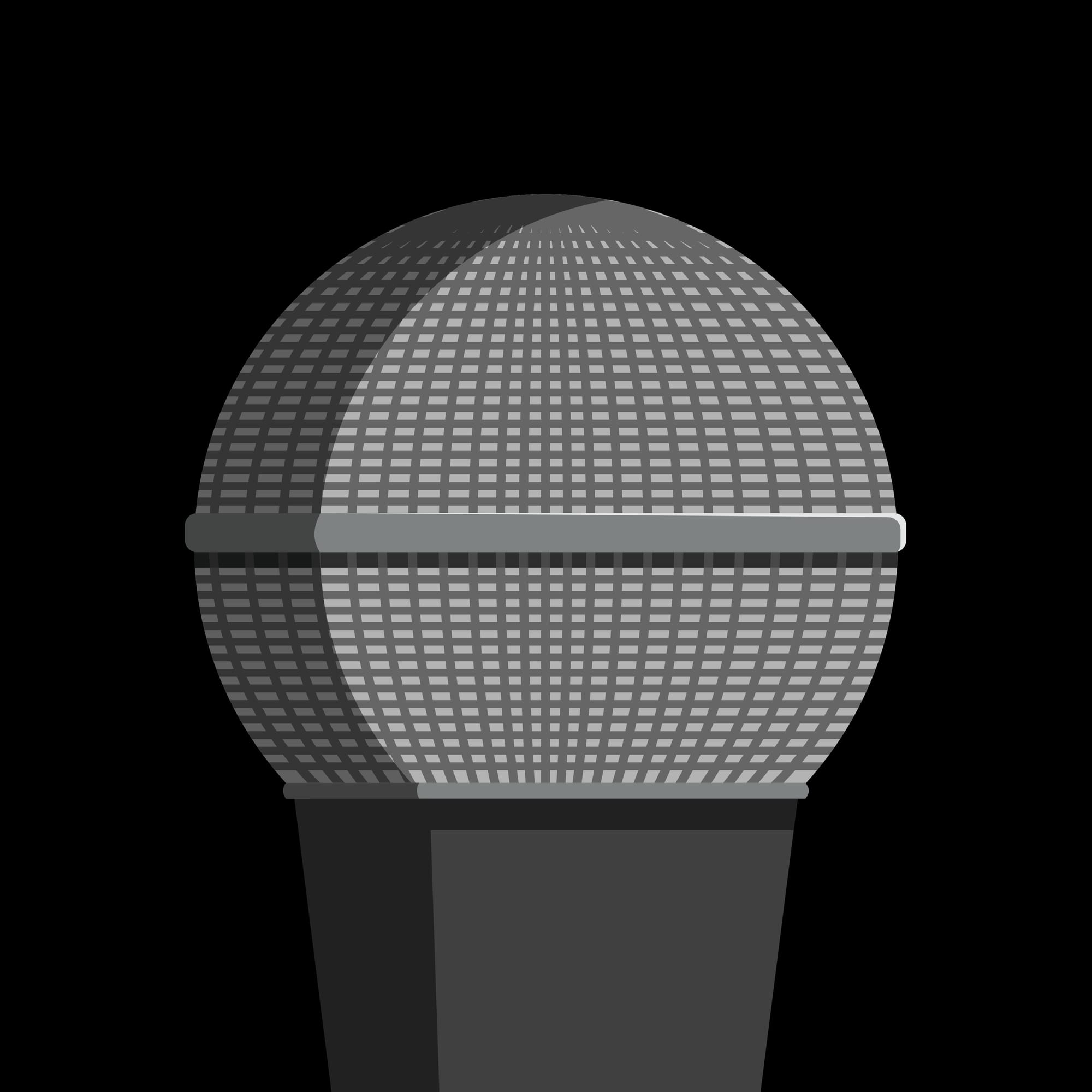About

"All the world's a stage, and all the men and women merely players. They have their exits and entrances, and one man in his time plays many parts." - William Shakespeare, As You Like It
Thus starts a rather famous monologue by William Shakespeare. This monologue from As You Like It, isn't really about the theatre, of course. The reference is a way of illustrating the stages of life people go through.
Still, I find myself thinking about this quote in a theatrical context. Are we really putting on a performance every time we interact with people?
Hi, I'm Sage. If you know anything about me, you know that I have way more interests than I can count. Some might even say that I have too many.
What you might not know is that I would describe theatre as one of my first loves. I've loved theatre before I discovered Star Trek and my interest in various fandoms. I loved it before I discovered feminism or learned how to knit. I've loved theatre - or at least the idea of theatre - for a long time. You get the idea.
Yes, I was a theatre kid. But it became painfully obvious pretty early on that I can't sing, dance, or act. Being on Broadway wasn't my calling.
Yet, I enjoy theatre. There's something about the connection the audience makes with the performers that can't be replicated onscreen. Knowing that any given performance is only going to happen once and won't be replicated is something special, in my opinion.
I'm interested in learning more about how performance varies from culture to culture and what performance can tell us about the culture in question.
And also, I discovered performance studies, and I became fascinated. I've been eager to learn more.
What is performance studies?
The Wikipedia definition of performance studies is: "an interdisciplinary academic field that teaches the development of performance skills and uses performance as a lens and a tool to study the world." The term "performance" is used broadly here and can include artistic expressions normally associated with performance, such as concerts or theatrical events. But it can also be used to describe things like cultural rituals or sporting events.
And, well, that's the best description I can come up with at this time.
So, why are we here?
I'm not an expert. In anything.
Far from it. I'd be lying if I said I don't sometimes dream of attending a performance studies a school like NYU for drama, performance studies, etc. But alas, I don't have the money for that.
I still really want to understand performance to the best of my abilities. So I'm doing the next best thing I can think of: I'm going to do as much research into the field as I can and write about it here. I thought writing about it here would help keep me accountable. And I guess this site is its own kind of performance.
Onblogway
The purpose of this space is two fold:
First, I'm planning on reading texts about performance studies and discussing them chapter my chapter in my free member only newsletter.
By signing up below, you will receive monthly updates via Email about what I've been reading, access to previous member only posts, and be able to comment on all previous free content.
Second, I plan on exploring different types of performance and what they say about culture. These will probably be in the form of public blog posts.
As you might imagine, if you're looking for scholarly information about performance studies from someone with a degree in the field, you've come to the wrong place.
If, however, you're interested in learning alongside a novice, you might be in the right place. I'd love to have you join me for the ride.
Legal Stuff
Are you a nerd like me?
I'm glad to have you here.
